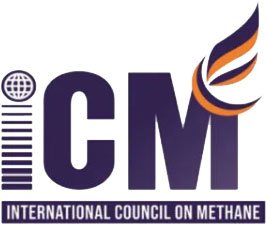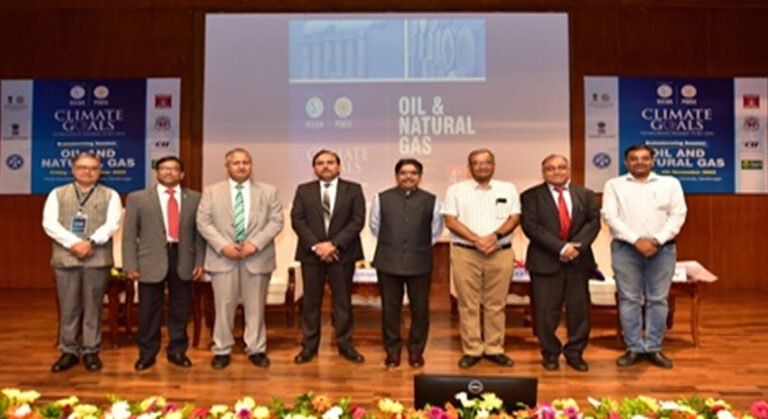In this discussion, ICCSA and PDEU convened experts to tackle the critical issue of methane emissions in the Oil & Gas sector. The considerations of the activity are as follows:
Important Consideration of the session:
- Sources of Methane Emissions: The discussion highlighted that methane emissions come from different stages of oil and gas operations, including upstream (exploration and drilling), midstream (processing and transportation), and downstream (refining and distribution).
- Technological Solutions for Monitoring: Mapping methane emissions through ground, aerial, and satellite technologies along with good infrastructure was discussed as a way to identify and quantify emissions from various sources within the oil and gas sector at reasonably low cost.
- Opportunities for Methane Capture and Utilization: The discussion recognized the potential for capturing methane emissions and utilizing them for various purposes, such as fertilizer production, antifreeze agents, and power generation.
- Recommendations for Action: Several recommendations were put forward, including the creation of an International Solar Alliance for Monitoring, Reporting, and Validation of methane emissions. Developing new technologies like Urja satellite, aerial surveillance, continuous monitoring, and high-resolution satellites for mapping methane gas emissions was suggested. Accelerating technological readiness for clean technology development and investing in infrastructure for methane mitigation regulations were also recommended.
- Alignment Between Industries and Government: The discussion highlighted the importance of aligning industries and government to address methane emissions effectively. This involves formulating regulations and policies, as well as including methane in carbon pricing mechanisms and putting caps on the oil and gas industry’s emissions.






